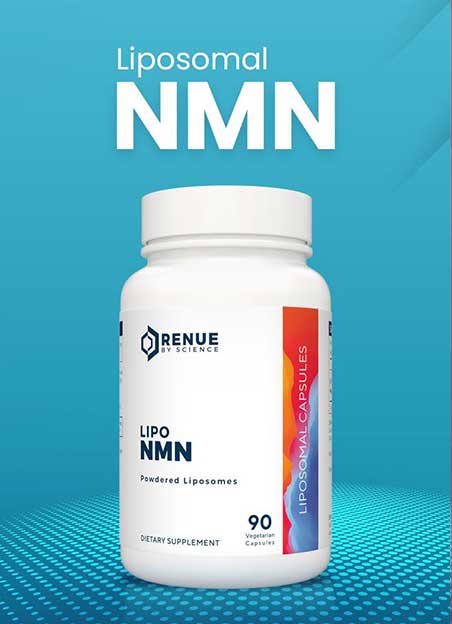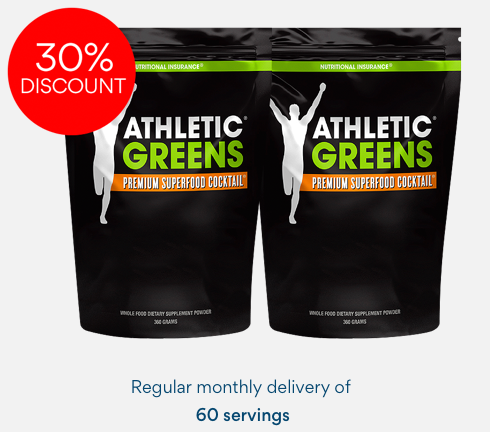Resveratrol is a polyphenol compound found in grapes, berries, and other plants. It has gained a reputation for its potential health benefits, including its ability to improve cardiovascular health and metabolism. In recent years, resveratrol has also been studied for its potential to enhance exercise performance.
Benefits of Resveratrol for Exercise
One of the primary ways that resveratrol may improve exercise performance is through its antioxidant properties. During exercise, the body’s cells generate reactive oxygen species (ROS), which can cause oxidative stress and inflammation. These processes can lead to muscle fatigue and impair performance. Resveratrol has been shown to reduce ROS levels and mitigate the negative effects of oxidative stress, potentially leading to improved endurance and performance.
In addition to its antioxidant effects, resveratrol may also improve exercise performance by enhancing blood flow and reducing inflammation. Some studies have found that resveratrol can increase the production of nitric oxide, a molecule that relaxes blood vessels and improves blood flow. This may lead to increased oxygen and nutrient delivery to working muscles, resulting in improved performance. Resveratrol may also reduce inflammation, which can impair performance and recovery.
Resveratrol and Endurance Exercise
Endurance exercise, such as running or cycling, requires sustained energy output over a long period of time. Several studies have investigated the potential benefits of resveratrol for endurance exercise.
One study found that resveratrol supplementation improved endurance performance in mice by increasing their capacity for fat oxidation and delaying the onset of fatigue. Another study in humans found that resveratrol supplementation increased time to exhaustion and reduced muscle damage in endurance-trained men.
Resveratrol and Resistance Exercise
Resistance exercise, such as weightlifting, involves short bursts of high-intensity effort. While resveratrol has primarily been studied for its effects on endurance exercise, some research suggests it may also have benefits for resistance exercise.
One study found that resveratrol supplementation improved muscle strength and reduced muscle damage in mice after a bout of resistance exercise. Another study in humans found that resveratrol supplementation combined with resistance training increased muscle strength and size in older men.
Resveratrol and Recovery
Exercise-induced muscle damage and inflammation can impair performance and delay recovery. Some research suggests that resveratrol may help to reduce muscle damage and inflammation, potentially improving recovery after exercise.
One study found that resveratrol supplementation reduced muscle damage and inflammation in mice after a bout of endurance exercise. Another study in humans found that resveratrol supplementation improved recovery of muscle function after resistance exercise.
Safety and Dosage
Resveratrol is generally considered safe when consumed in normal dietary amounts. However, there is limited research on the long-term effects of high doses of resveratrol supplements. It is important to speak with a healthcare provider before beginning any new supplement regimen.
The optimal dosage of resveratrol for exercise performance is not yet clear. Most studies have used doses ranging from 250 mg to 1,000 mg per day. It is important to follow the dosage instructions on the supplement label and to start with a lower dosage, gradually increasing as tolerated.
Conclusion
Overall, resveratrol may have potential benefits for exercise performance, including improved endurance, muscle strength, and recovery. However, more research is needed to fully understand its effects and optimal dosage for exercise. As with any supplement, it is important to speak with a healthcare provider before starting use.







